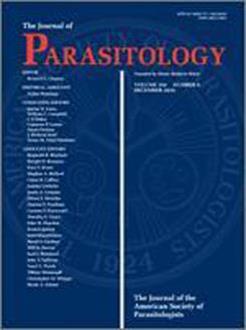The coccidian species Eimeria is a parasitic protozoan that causes the gastrointestinal disease coccidiosis in numerous vertebrate species. Incidence of the disease in commercial chickens produces drastic economic losses. Traditionally, detection of Eimeria has been performed using classical methods such as observation of oocyst morphology. However, molecular methods to detect and speciate Eimeria are becoming more prevalent. The 18S ribosomal gene, in particular, has been a widely used DNA amplification target for detection of Eimeria. Although the full-length gene is typically used for this purpose, newer research targeting shorter regions of the gene is being performed. This study investigated the suitability of a 120–base pair (bp) DNA bar code within the 18S gene for species differentiation. When comparing sequence variation from the Eimeria species infecting chickens, shortening the 18S gene to the 120-bp highly variable region provided increased species differentiation, while also reducing intraspecies variation. This DNA bar code is useful for distinction of the Eimeria species infecting chickens and should be considered for future molecular detection assays and metagenomic sequencing.
How to translate text using browser tools
29 October 2019
Identification of a Short Dna Bar Code in the 18S rdna for Improved Differentiation of Common Eimeria Species Infecting Chickens
Grace A. Albanese,
Dong-Hun Lee,
Adrea E. Mueller,
Brian J. Jordan
ACCESS THE FULL ARTICLE

Journal of Parasitology
Vol. 105 • No. 5
September 2019
Vol. 105 • No. 5
September 2019
18S rDNA
Eimeria
PCR
poultry




